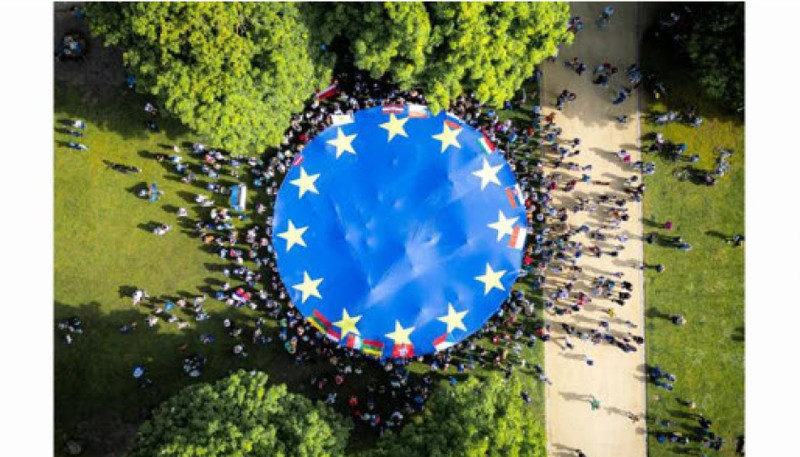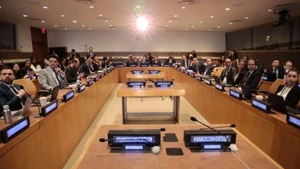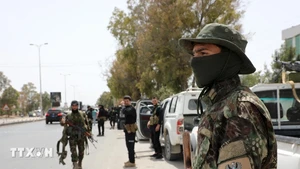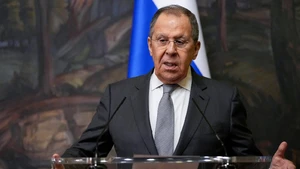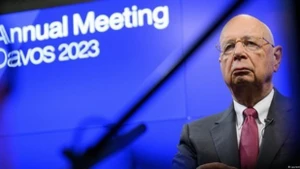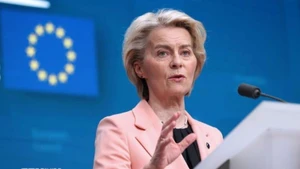With certain advantages and expectations of bringing breakthroughs during its rotating EU presidency, Poland plans to prioritise security, energy and competitiveness issues to both strengthen its position in the “common house” and serve the common interests of the bloc.
Located in Central and Eastern Europe, considered the “crossroads” connecting Eastern Europe and Western Europe, Poland holds a strategic position and role in regional issues. With key EU member states such as Germany and France facing political and economic difficulties, Poland has all the advantages and is expected to make a better start to protect the EU’s priorities during its rotating EU Presidency. Despite the fluctuations and crises in the world, Poland has continued to maintain strong growth momentum in recent times.
Poland assumes the role of EU Presidency in the context of the region facing many challenges, with a series of issues that need to be resolved to ensure energy security, enhance competitiveness, restore the economy, and accelerate the digital transformation process in the bloc.
The EU needs to build a strong global partnership network, consider the individual interests of countries and seek common ground for cooperation. At the same time, Europe also needs to strengthen transatlantic relations, both protecting the economic and security interests of the region and promoting bilateral trade.
In that context, Polish Prime Minister Donald Tusk stressed that Poland’s presidency will take place at a crucial time of geopolitical challenges such as the war in neighbouring Ukraine, the upcoming presidential election in another neighbouring country — Belarus, as well as conflicts and tensions in many parts of the world and political crises in some of Europe’s largest countries.
Poland will also hold elections at an unspecified time next spring to replace right-wing President Andrzej Duda.
The head of the Polish government called for Europe to be more “selfish” and show greater internal solidarity. Warsaw also affirmed its determination to protect the border with Belarus from migration pressure, stressing that the need to protect Poland’s borders is becoming a common European approach. As a border country of the EU, Poland will aim to strengthen the union’s immigration and border management policies.
As the country with the third largest military force in NATO, after the US and Turkey, Poland is considered to have enough motivation to step up the EU’s joint defence initiatives. It is expected that Poland will be able to promote closer cooperation between the EU and NATO, increase defence spending by member states, and establish stronger mechanisms to deal with hybrid threats and cyber-attacks. Regarding strengthening the EU’s competitiveness, Poland’s main proposals for the agenda are expected to be more likely to aim at re-industrialising the EU by supporting the recovery of European strategic industries to reduce dependence on global supply chains; and promoting initiatives such as the European digital strategy to enhance competitiveness.
Despite many favourable conditions, Poland also faces many challenges in its rotating EU presidency as divisions still exist within the bloc, especially on migration issues and fiscal policy.
Europe may have to go through a more difficult period in trade relations with the US when US President-elect Donald Trump officially takes office.
